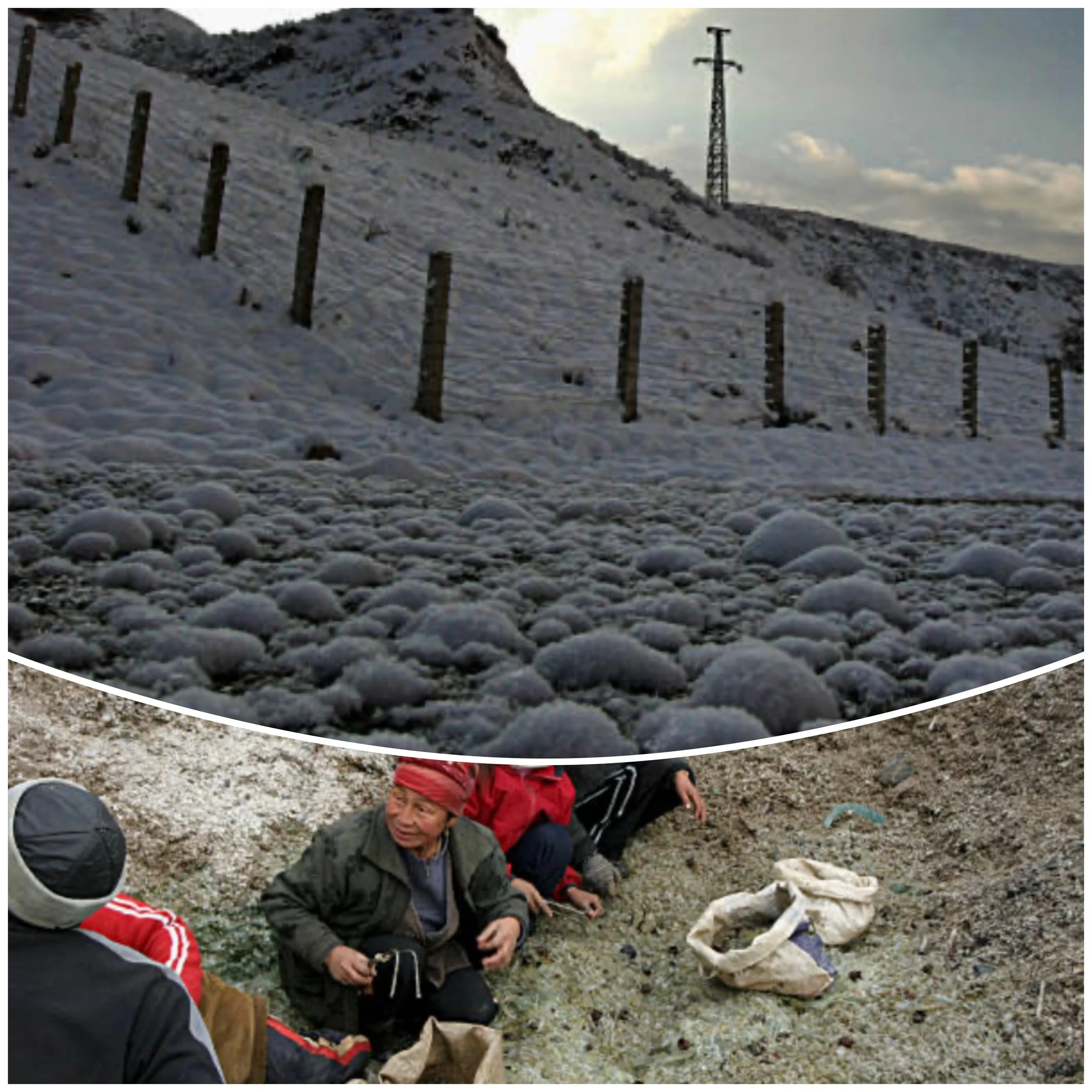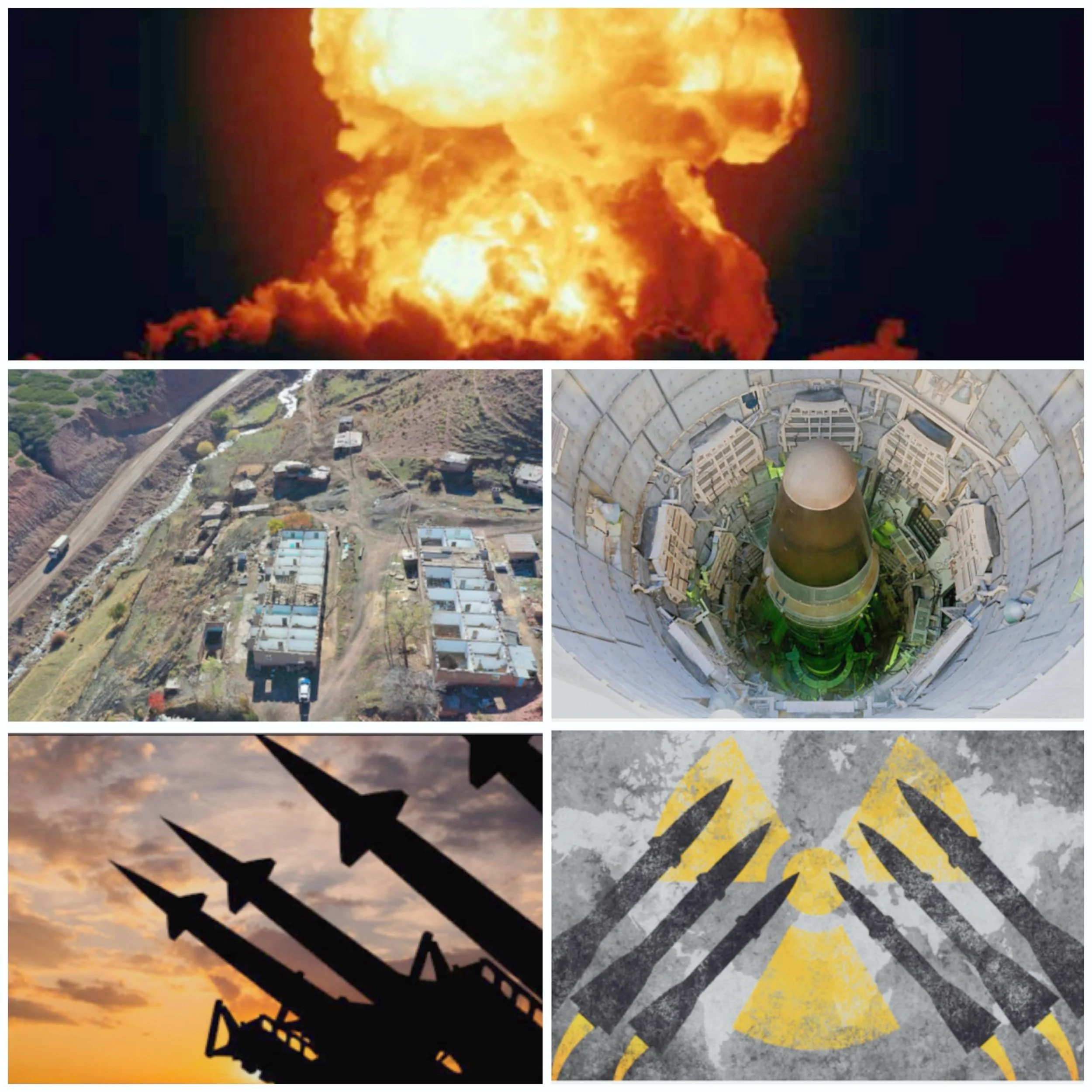Radioactive waste alive in Kyrgyzstan.
Conclusion
Kyrgyzstan, a former Soviet republic in Central Asia, is currently grappling with a significant radioactive waste problem left over from the Cold War era. This issue poses serious threats to both human health and the environment in the region.
Scale of the Problem
Kyrgyzstan has approximately six million cubic meters of radioactive waste spread across 30 sites. In total, there are 92 sites containing more than 300 million cubic meters of toxic and radioactive waste.
Origins and Causes
The radioactive waste is primarily a result of:
Uranium mining during the Soviet era to supply the nuclear arms race.
Other heavy metals mining activities.
Affected Areas
One of the most severely impacted towns is Min-Kush, a former uranium mining town. Here are some key points about Min-Kush:
It has about 5,600 residents living in a decaying environment.
Certain areas have radiation levels up to six times above normal.
The river flowing through Min-Kush is contaminated, potentially affecting up to 80 million people as it feeds into the Syr Darya river.
Health and Environmental Impacts
The presence of radioactive waste has led to several concerning issues:
Unusually high rates of diseases such as cancer and weakened immune systems among residents near nuclear waste sites.
Contamination of water sources used for drinking and livestock.
Potential for landslides to create a “radioactive lake,” which could affect the densely populated Fergana Valley.
Ongoing Efforts
To address this critical situation, several initiatives are underway:
Kyrgyzstan has ratified an agreement with Russia for mass decontamination of radioactive areas.
Russian nuclear company Rosatom is working on waste management in collaboration with the European Union and the European Bank for Reconstruction and Development.
The EU and World Bank have allocated funds to support restoration efforts.
Global awareness
Russia-Ukraine are at war. Russia has 6000 nukes. The situation could worsen if a nuclear war were to start, particularly if President Biden escalates tensions with President Putin. I foresee that due to a failed election and presidency, Biden's support for Ukraine has become increasingly perilous. The involvement of countries like Britain and Germany further complicates the situation.
These actions may eventually be regretted by those involved, as this represents a significant war crime and a profound threat to humanity.
I had anticipated that Netanyahu, the former Defense Minister, and Mohamed Deif of Hamas would face arrest warrants.
It is unacceptable to attack innocent civilians, as occurred on October 7 in Israel, and to subject people in Gaza to starvation.
Conclusion
Despite these challenges, local authorities in places like in Min-kush situation could worsen if proper measures are not taken.
Min-Kush are hoping to overcome their toxic history and potentially develop tourism in the future.







